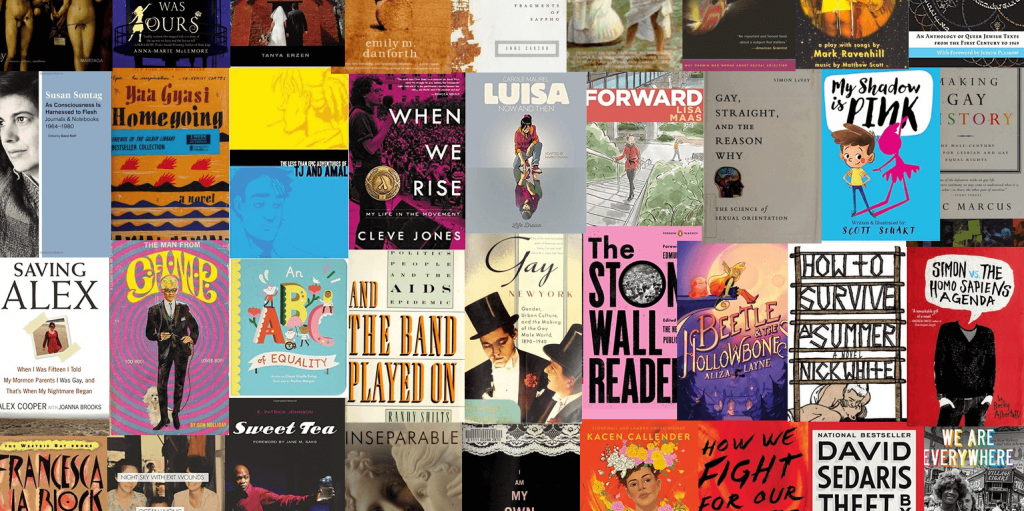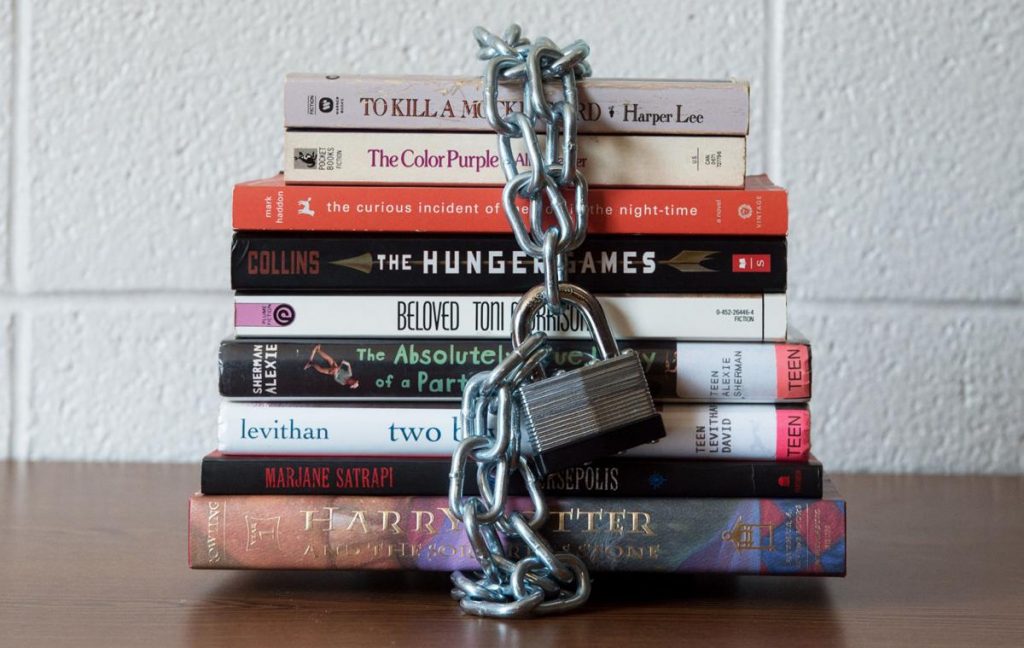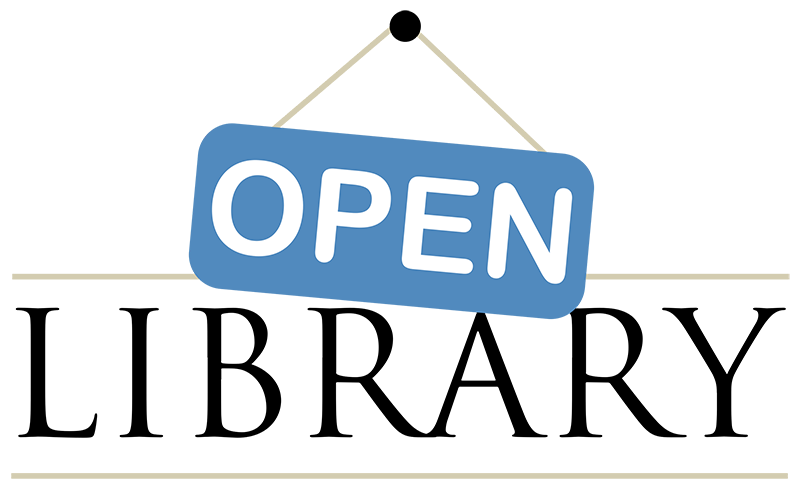From Texas to Virginia to Pennsylvania, there is a growing movement to challenge books in schools that some suggest are inappropriate for students. Concern goes beyond explicit content; it now includes opposition to LGBTQIA material, the history of racism, and material that may cause discomfort to readers.
While efforts to ban books are not new, the solutions to counter censorship are—thanks to technology that is used to create access for all.
The Internet Archive’s Open Library (https://openlibrary.org) does not face the same local pressures that many school districts or school libraries do. At a time when students and teachers may be encountering limited access to content in their local community, the Internet Archive acquires and digitizes material for its online library, and lends a wide array of books for free to anyone, anytime.
For example, the American Library Association’s list of most challenged books in the past decade are available in a curated collection. Among the titles: The Glass Castle by Jennette Walls, banned for offensive language and sexually explicit content; The Hunger Games by Suzanne Collins, cited as being insensitive, anti-family and violent; and Beyond Magenta: Transgender Teens Speak Out by Susan Kuklin, challenged for its LGBTQIA content and the perceived effects on young people who would read it.
Books dealing with gay and trans rights have long been targeted in school libraries. There are more than 1,800 titles in Open Library’s LGBTQ Collection—sorted, searchable and available to borrow online for free. Many of the novels, memoirs and works of history are not otherwise accessible to people who live in rural areas or places where those materials are explicitly banned.

New Challenges, New Responses
The new efforts to ban books are taking a much broader view of limiting access. Across the country, some objectors say books like Beloved by Toni Morrison, which was awarded the Pulitzer Prize for Fiction in 1988, should not be discussed or available in schools. As these lists are made public, Open Library’s volunteer team of Open Librarians take action to ensure that these books remain accessible to all.
Recently, Open Library created a collection of books removed from circulation in the Goddard School District in Kansas. It includes The Hate U Give by Angie Thomas and Fences by August Wilson, which was awarded the Pulitzer Prize for Drama in 1987. A small collection of banned books from Alaska’s Mat-Su Valley features Catch-22 by Joseph Heller and The Great Gatsby by F. Scott Fitgerald.

Open Library’s lead community librarian, Lisa Seaberg, is curating a collection of 850 books that have recently been challenged in Texas. Among the books targeted are ones that mention human sexuality, sexually transmitted diseases, contain material that might make students feel uncomfortable or distressed because of their race or sex or convey that a student, by virtue of their race or sex, is inherently racist, sexist, or oppressive.
What’s become caught up in this “wide net,” said Seaberg, are books about health education, teen pregnancy, civics, philosophy, religion, anthropology, inventions, encyclopedias and, ironically, a novel about book censorship in a high school. Those who favor removing certain books see an opportunity and momentum, she said, but the difference in this moment is that libraries are able to provide access to titles regardless of where the reader is located.
One reason books get banned is because political forces within an area become stronger than the populace, said Mek, who leads the Open Library team for the Internet Archive. “Open Library is trying to bridge these inequity gaps across geographies and social classes. We invite the populace to come together and participate in a digital sanctuary where our rich and diverse cultural heritage isn’t subject to censorship by the few with special interests.”
“[T]here’s a difference between sharing an opinion and robbing someone of the opportunity to form their own.”
Mek, Open Library team lead
At the most basic level, banning books is about restricting access to knowledge, said Lisa Petrides, chief executive officer and founder of the Institute for the Study of Knowledge Management in Education (ISKME).
“The impact of this on schools means that students are exposed to a limited set of world views, which is extremely detrimental to critical thinking, reflective analysis and discussion,” said Petrides. “Perhaps even more importantly as we are seeing today, this means that educators and librarians are increasingly put in difficult situations, having to face the threat of reprisal from administrators or school boards, who are themselves increasingly less willing to stand up for the First Amendment rights of their teachers and learners.”
The Path Forward
Everyone’s perspectives should matter and be represented in the democratic process. A library must offer diverse materials so people can draw their own conclusions, said Mek. He embraces the oft-cited quote from librarian Jo Godwin: “A truly great library contains something in it to offend everyone.”
“It’s important for informed members of society to share their opinions,” he says. “But there’s a difference between sharing an opinion and robbing someone of the opportunity to form their own. To change hearts and minds, write a compelling book—don’t take authors you disagree with off the shelves. The Open Library community is honoring these values by giving contested titles their spots back on the shelf.”
Seaberg says, hopefully, recent book challenges will ultimately fail and access to a range of books will be restored. “If students walk into a library and they have books that only present one side of an issue, or are only relatable to a certain group in a culture, it excludes a lot of people,” she says. “They might not even know this other content exists.”
You can browse a full list of Open Library’s curated collections here. To volunteer for Open Library and help curate collections, please visit https://openlibrary.org/volunteer#librarian.

